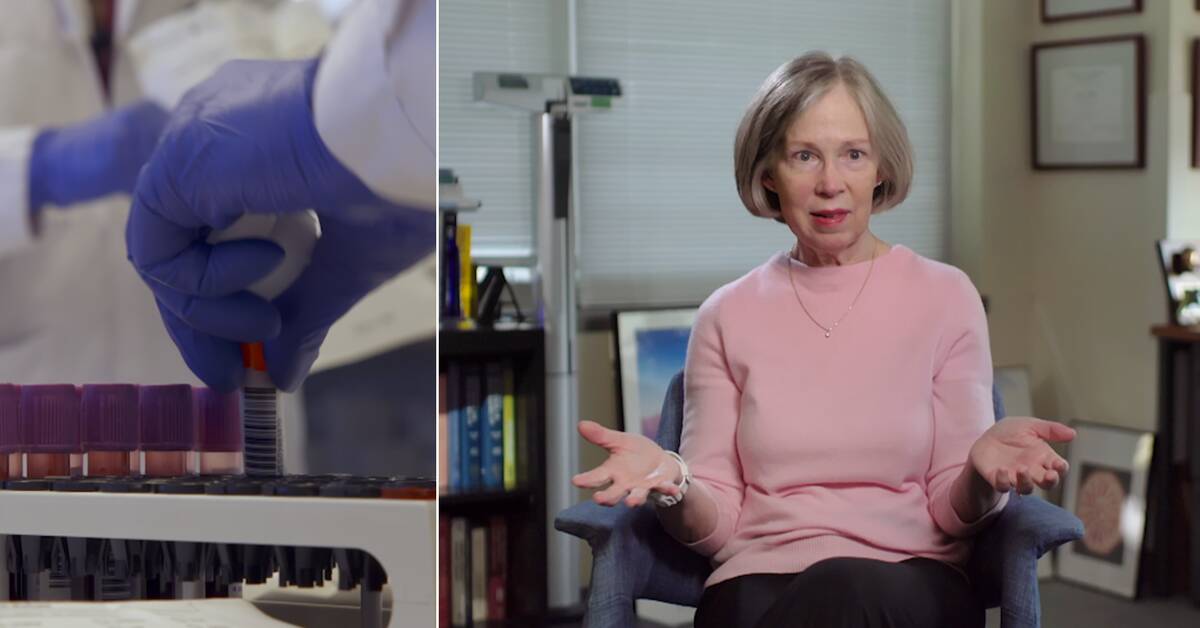The most common diagnoses of eating disorder are different variants of anorexia and bulimia as well as binge eating disorder.
New research now shows that our genes can affect the risk we run of developing an eating disorder.
- The human genome is large.
It's not just one gene that causes anorexia, there are hundreds of genes with very small effects that work together, says Cynthia Bulik who is a professor of eating disorders at Karolinska Institutet and the University of North Carolina Chapel Hill.
In 2019, Cynthia Bulik presented the first major study on the effect of genes on eating disorders.
In the so-called Anorexia Nervosa Genetics Initiative (ANGI), the researchers examined the genes behind anorexia nervosa.
Similarities with other diseases
In eight places in the genome, people with anorexia nervosa differed markedly from the healthy controls.
There are clear genetic similarities between anorexia and several mental illnesses, such as depression, schizophrenia and obsessive-compulsive disorder.
But even if some people genetically have an increased risk of developing it does not mean that they always develop the diseases.
- If you have any of the risk genes, you have an increased vulnerability, but it is not at all about some kind of genetic fate, that you would be doomed to suffer if you have certain gene variants.
We estimate that at least 40-50 percent depends on the environment, says Cynthia Bulik.
"Biggest study ever"
Today, Cynthia Bulik is leading a new large-scale research study called the Eating Disorders Genetics Initiative (EDGI) with the goal of mapping the genes behind all different eating disorders and finding out what in the inherited genome causes some to suffer and others not.
The study is based on people who have or have had an eating disorder sending in DNA samples and answering questions that the researchers then analyze.
The study is possible thanks to the technology in a so-called genome Wide Association Study.
The method is based on comparing the genome from large groups of sick and healthy people in order to be able to identify which genes differ between the groups.
- Our dream and our goal is to get information from a total of 100,000 people around the world.
This is the largest study on eating disorders ever conducted, says Cynthia Bulik.
To find out more about various eating disorders and the ongoing research, see the first episode of the documentary series "Eating Disorders" on SVT Play.
If you or someone close to you needs help or support, you can turn to:
1177.se for healthcare
information Friskfri.se Riksföreningen mot Ätstörningar Frisk & Fri

